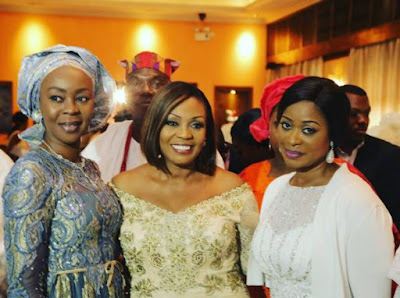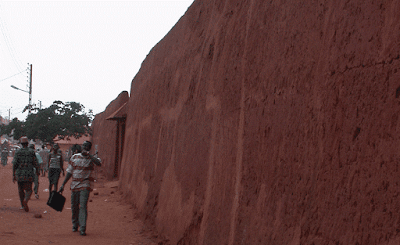Whitney Dow, who spearheaded The Whiteness Project, will release the second installment of the digital video project, called The Intersection of I, on Thursday at the Tribeca Film Festival. It will feature close to two dozen interviews with 15 to 27 year olds about being white, their social interactions, race and racism and privilege...
In the first installment of the project, released in October 2014, Dow interviewed 21 white adults in Buffalo, New York. Since then, the conversation around race and inequality in America has reached a fever pitch, particularly following the unrest in Ferguson, Missouri and the death of Michael Brown, an unarmed black teenager.
Those events gave rise to the #BlackLivesMatter movement and put a spotlight on police brutality and other issues affecting communities of color.
So why interview white people? "By sensitizing white people to their own racialized experience, it will make them better partners in moving towards a more just society,"
Dow said. "White people have to recognize that they are a part of this conversation whether they like it or not."
That conversation, according to Dow and many social justice advocates and academics, requires analyzing ideas like "white privilege" - the notion that whites are granted special privileges because of their race or skin color -- and "structural racism" - the idea that institutions thrive on maintaining a structure where whites dominate.
Related:
Working while brown: What discrimination looks like now
"This was a country that was founded on white supremacy," said Dow, who is white. "There are still vestiges of that structure of the country that affect all of us. How could it possibly be negative for white people to want to have this discussion?"
But some of the young people Dow spoke to feel that discussions about race actually fuel racism.
Take Makenna, who is 21. (Dow does not publish the last names of his subjects.) "I don't see color," she said. "I hate that everything is made into a racist something now."
Lellani, 17 agreed. "I don't think about race because I don't talk about it," she said. "If we want to get rid of racism, stop talking about racism. It's really not that hard."
Source: CNN Money
Would love this project to be carried out in the UK.





Comments
Post a Comment
Contact me for Adverts/Tipoff
Email: lorejobi@gmail.com